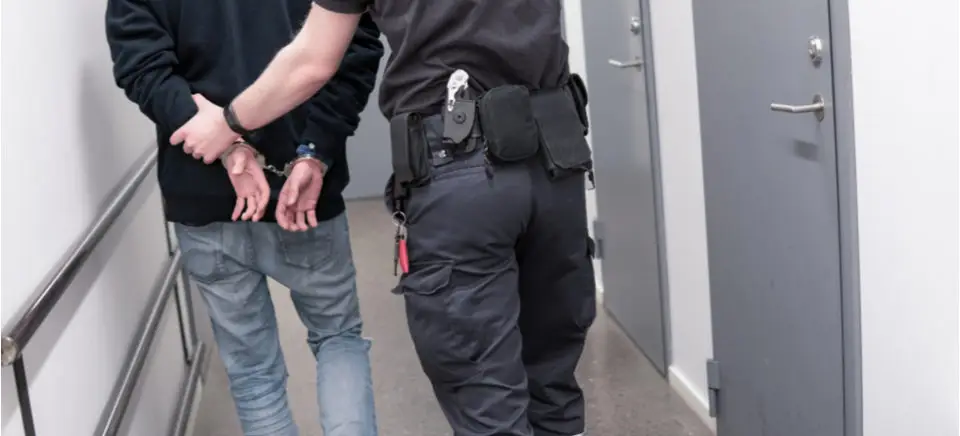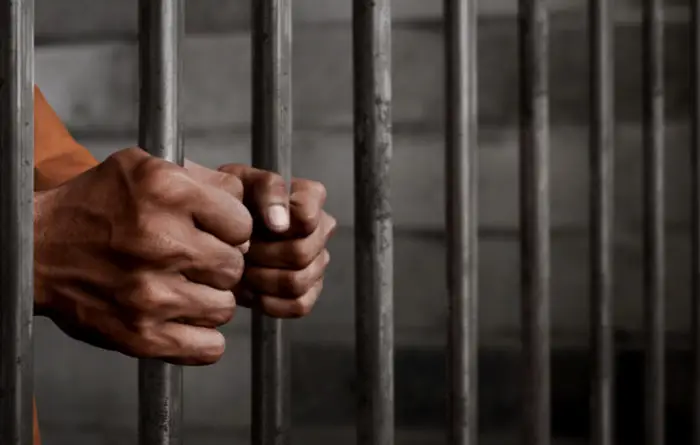What Happens During Bond Revocation?

Bond revocation occurs when the court cancels a defendant’s bond due to a violation of conditions or new developments in the case. Once the bond is revoked, the accused loses the right to remain free and is usually taken back into custody. This action can happen at the request of a judge, prosecutor, or bondsman depending on the circumstances.
Why a Bond May Be Revoked
Bonds are granted with strict conditions meant to ensure the defendant appears in court and does not pose a risk to the public. Common reasons for revocation include…
- Failing to appear at a scheduled court date
- Getting arrested for another crime while out on bond
- Violating court-ordered conditions like curfews or travel restrictions
- Threatening victims or witnesses
- Failing drug tests or ignoring probation-style requirements
Any of these actions may lead the court to cancel the bond and re-arrest the individual.
What the Process Looks Like
Bond revocation typically involves the following steps…
- A violation is reported to the court or bail bondsman
- A motion to revoke bond is filed by the prosecution or the bondsman
- The court holds a hearing to evaluate the violation and decide if revocation is appropriate
- If granted, the court issues a warrant for the defendant’s arrest
In some cases, the judge may revoke the bond without a formal hearing if there is strong evidence of a clear and serious violation.
Consequences of Revocation
Once a bond is revoked, the defendant is usually jailed until trial or until a new bond is granted, which may be harder to secure. Additional consequences include…
- Loss of any bail money or collateral if the bond is forfeited
- Stronger opposition from the prosecution in future hearings
- A reduced chance of receiving bail again
- Possible new charges related to the violation
If a bail bond company posted the bond, they may also attempt to locate and surrender the defendant to avoid financial loss.
Can Bond Be Reinstated?
In some cases, the defense may ask the court to reinstate the bond. This often requires a strong explanation, proof that the violation was unintentional or minor, and assurance that future compliance will occur. Judges are less likely to grant this request if the defendant has a history of missing court or breaking rules.
During bond revocation, the court withdraws the defendant’s release status due to a serious violation or new legal issue. This process typically leads to re-arrest and jail time while the case moves forward. Staying compliant with all bond conditions is the best way to avoid revocation and remain out of custody during a criminal case.


